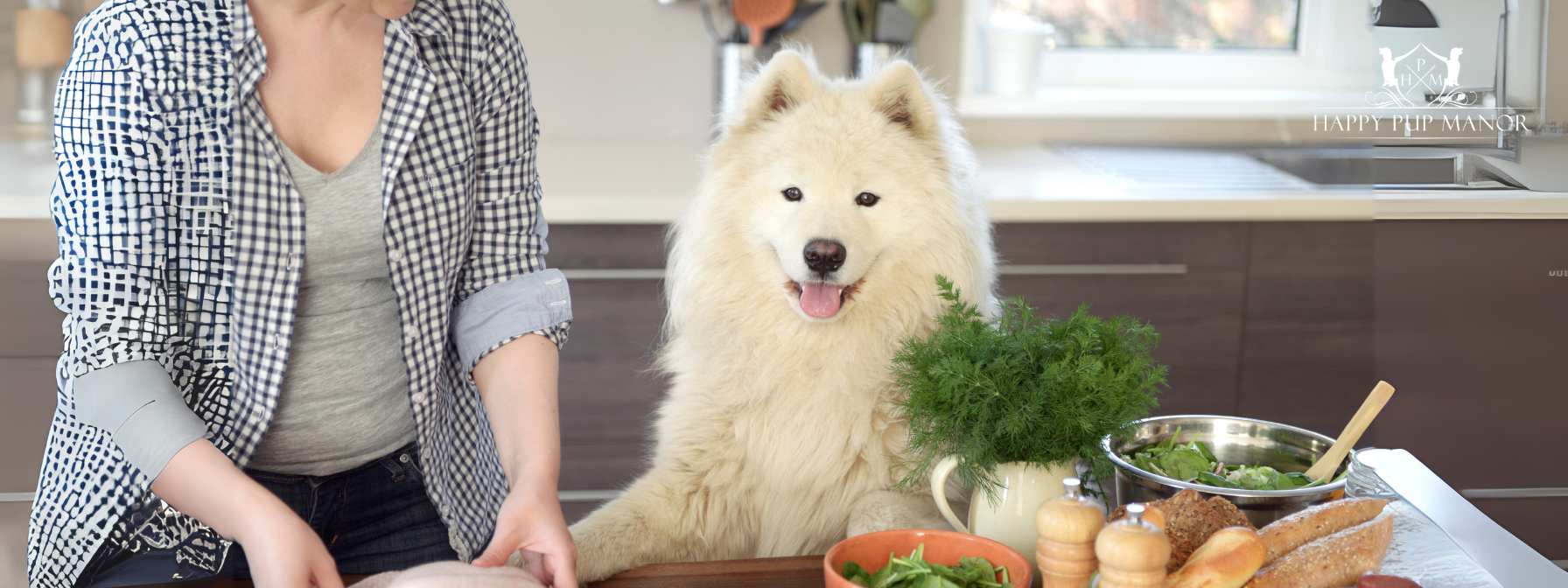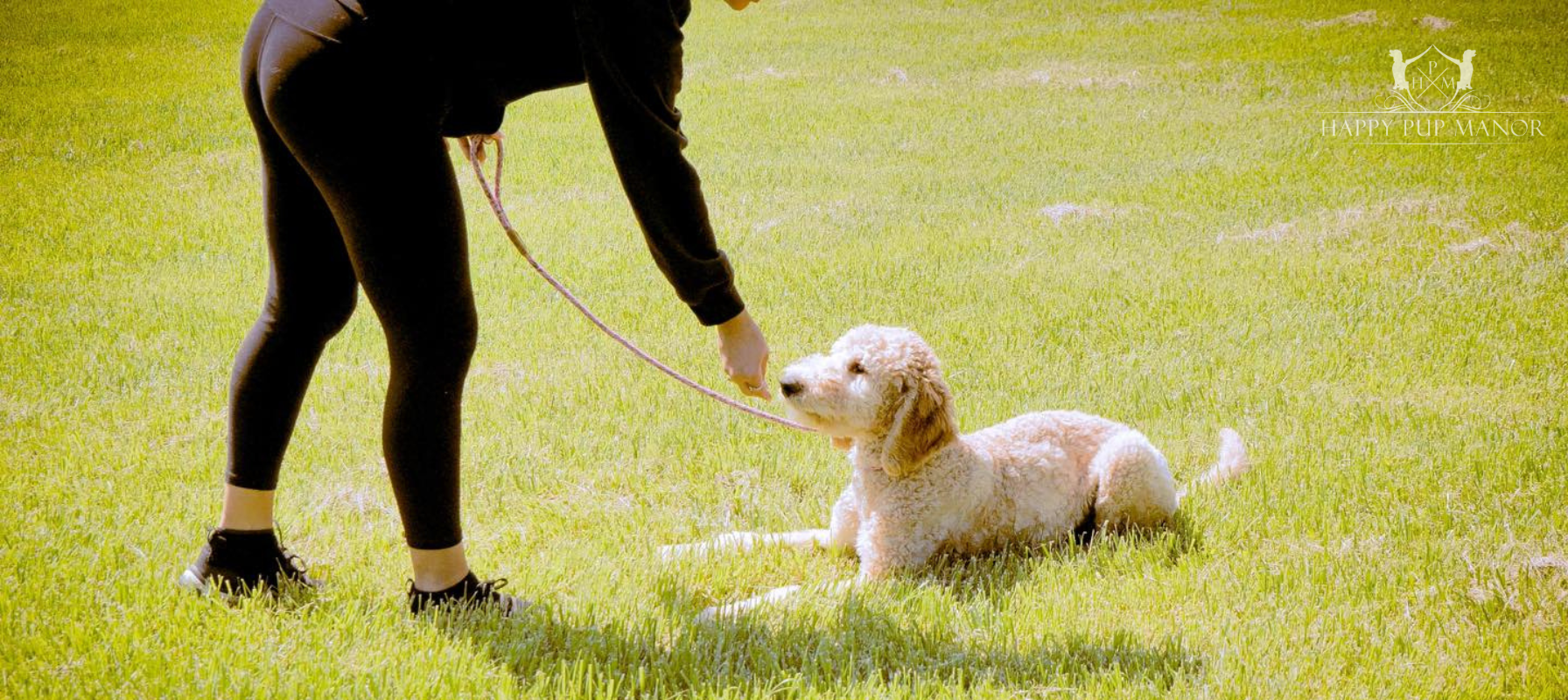A Furry Guide on How To Be a Responsible Pet Owner
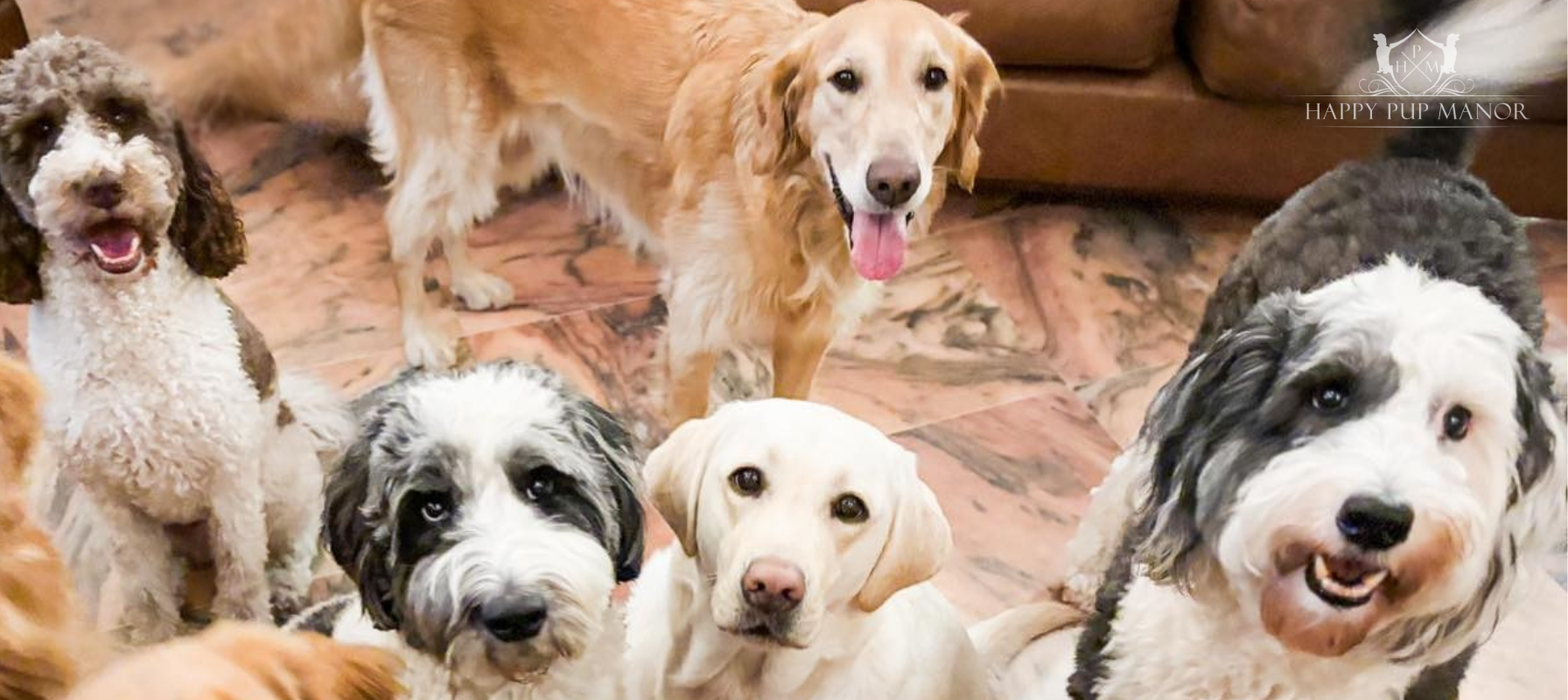
A Furry Guide on How To Be a Responsible Pet Owner
Owning a pet is a rewarding experience, but it also comes with great responsibility. A responsible pet owner understands that pets are not just companions but lifelong commitments that require care, love, and dedication.
Whether you’re considering adopting a pet or already have a furry friend, learning about the responsibilities of a pet owner is crucial for their well-being and happiness.
What Is a Responsible Pet Owner?
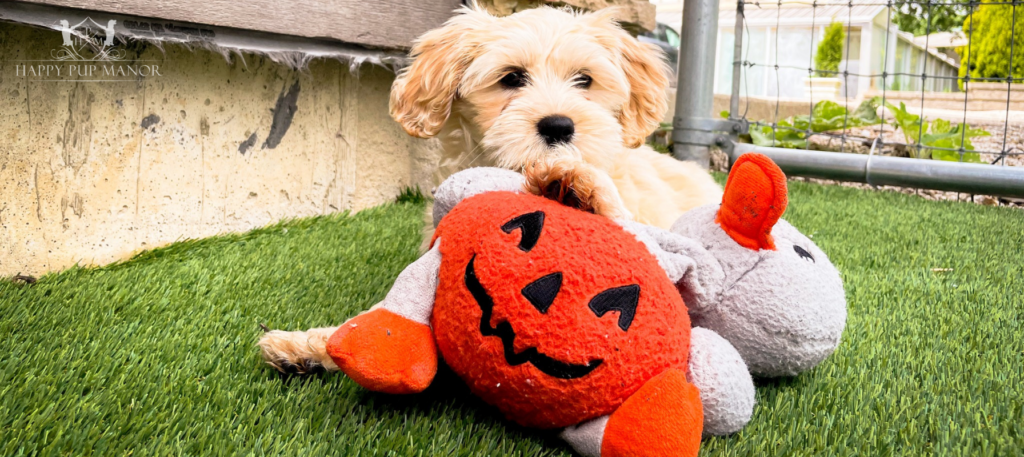
A responsible pet owner is someone who provides their pet with proper care, including nutrition, exercise, medical attention, and a safe environment. This means ensuring that a pet’s basic needs are met while also prioritizing their overall well-being.
Beyond the basics, responsible ownership also means offering emotional support, training, and socialization to ensure a pet feels secure and loved. Pet owners should take the time to understand their pet’s unique needs, including breed-specific dietary and exercise requirements, behavioral tendencies, and potential health risks.
Responsible pet ownership extends beyond individual pet care—it also includes being a good neighbor and community member. This means keeping pets properly restrained in public spaces, cleaning up after them, and ensuring they do not cause disturbances.
According to the American Veterinary Medical Association (AVMA), responsible pet ownership includes preventive veterinary care, identification, spaying/neutering, and humane training. Additionally, responsible owners contribute to efforts that protect and advocate for animal welfare, such as supporting local shelters and rescue organizations.
Why Is It Important to Be a Responsible Pet Owner?
Pets depend on their owners for their physical and emotional needs. When pet owners neglect their responsibilities, it can lead to health issues, behavioral problems, and even abandonment.
Studies from the American Society for the Prevention of Cruelty to Animals (ASPCA) show that around 6.3 million pets enter U.S. animal shelters each year due to irresponsible ownership. Being a responsible pet owner not only contributes to a happy home and a stronger bond between pets and their humans, it also significantly lessens the number of pets that end up in shelters.
What Makes a Responsible Pet Owner?
Being a responsible pet owner goes beyond just feeding and housing a pet. It includes:
- Understanding pet behavior – Recognizing signs of stress, illness, or anxiety in your pet helps in ensuring the health and overall well-being of your pet. Books such as “The Other End of the Leash” by Patricia McConnell provide insights into canine behavior and essential advice on how to have a better relationship with your pup.
- Being financially prepared – Pets come with expenses, including food, medical care, and grooming. Pet owners in the U.S. spend an average of $1,248 per year on pet care. This is why financial readiness is an important factor to consider before considering getting a pet.
- Commitment to lifelong care – Owning a pet is a long-term responsibility that should never be taken lightly. The ASPCA emphasizes that responsible ownership means ensuring your pet is cared for throughout its entire life span— even if it gets sick or grows old.
How to Be a Responsible Pet Owner

If you’re wondering how to be a responsible pet owner, here are some key commitments to keep in mind:
Provide Proper Nutrition
Ensure your pet has a balanced diet tailored to their age, breed, and health needs. The Association of American Feed Control Officials (AAFCO) provides guidelines on pet food standards to ensure complete and balanced nutrition.
Selecting the right food involves considering factors like high-quality protein sources, essential fatty acids for a healthy coat, and adequate vitamins and minerals for proper growth and development. Consulting your veterinarian for personalized dietary recommendations can help address specific health concerns, such as allergies, obesity, or age-related nutritional needs.
Regular Vet Visits
Routine checkups, vaccinations, and dental care are essential to keeping your pet healthy. The AVMA recommends at least one annual veterinary visit for preventive care.
Regular veterinary visits allow for early detection of potential health concerns, ensuring prompt treatment and better long-term outcomes. Comprehensive vet exams include parasite control, weight management, and dental assessments, which help maintain your pet’s overall well-being. Preventative healthcare can also save pet owners from costly emergency treatments by addressing health issues before they become severe.
Read More: How to Find a Good Vet For Your Pup
Exercise and Mental Stimulation
Pets need regular activity and enrichment to prevent boredom and maintain their physical health. The Humane Society suggests at least 30 minutes to an hour of physical exercise for most dog breeds.
Exercise can range from daily walks and playtime to structured agility training and interactive puzzle toys that engage a pet’s mind. Doing fun mental stimulation at home is just as important as physical activity—teaching new tricks, providing scent work activities, and using food puzzles can keep pets engaged and prevent behavioral issues. Ensuring that a pet has a variety of activities tailored to their breed and energy level contributes to overall well-being and a happy, well-adjusted companion.
Grooming and Hygiene
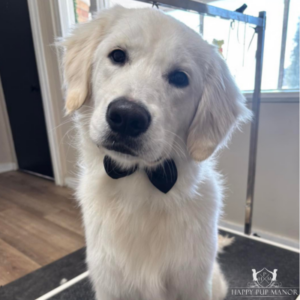
Regular grooming helps prevent skin issues, matting, and infections. This includes brushing, bathing, and nail trimming according to the needs of the breed. Brushing removes loose fur and prevents painful tangles, while regular baths keep the skin clean and free of irritants.
Nail trimming is crucial to avoid overgrowth, which can cause discomfort and posture issues. Additionally, checking and cleaning a pet’s ears and teeth is essential in preventing infections and dental diseases. Establishing a grooming routine early helps pets become comfortable with handling, reducing stress and making the experience enjoyable for both the pet and owner.
Book a Grooming Session For Your Pup at Happy Pup Manor!
Training and Socialization
The American Kennel Club (AKC) highlights the importance of early socialization in puppies for proper development. Proper training starts with positive reinforcement techniques, such as rewarding good behavior with treats, praise, or playtime. Early socialization, particularly for puppies, is essential to help them adapt to different environments, people, and other pets.
Training should include basic commands like sit, stay, and come, which help maintain control and safety in various situations. Exposure to new environments, sounds, and experiences can help prevent fear and anxiety, making your pet more adaptable and confident. For socialization, supervised interactions with other pets and trips to dog-friendly spaces can encourage positive behavior. Investing time in training and socialization strengthens the bond between pet and owner while preventing behavioral issues down the road.
More Reading: Why Is Puppy Socialization So Important?
Provide a Safe and Loving Home
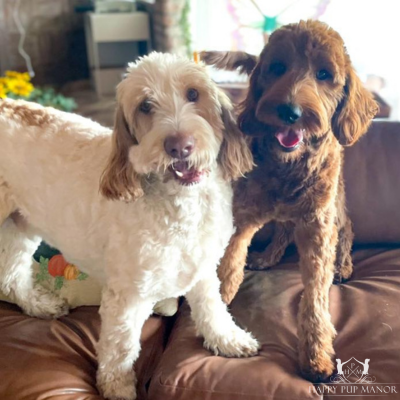
Pets need a secure environment where they feel comfortable and protected. This includes having appropriate shelter, pet-proofing the home, and keeping harmful substances out of reach. A responsible pet owner ensures their pet has a cozy resting space, free from hazards such as exposed electrical cords, toxic plants, or dangerous chemicals.
Creating a stimulating and enriched home environment is also essential for a pet’s well-being. Providing toys, scratching posts, or designated play areas helps keep pets mentally and physically engaged, reducing destructive behaviors. Additionally, maintaining a consistent routine and offering a calm atmosphere can help minimize stress, particularly for rescue animals or pets adjusting to a new home. These extra steps ensure that pets feel safe, secure, and truly part of the family.
How Do I Teach My Child to Be a Responsible Pet Owner?
If you have children, encourage them to join in the fun of becoming a responsible pet owner. Teaching kids about pet ownership instils compassion and responsibility from an early age, which is something that they will find useful in the long run.
Here are a few ways to involve children in pet care:
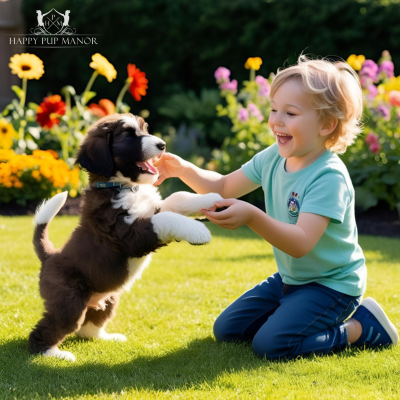
- Assign simple tasks like filling the water bowl or brushing the pet.
- Educate them about pet behavior and the importance of kindness. Books such as “May I Pet Your Dog?” by Stephanie Calmenson are great educational resources for young children.
- Supervise interactions to ensure the pet is treated with care and respect.
- Encourage participation in pet-friendly volunteer activities at local shelters or community events.
Know more pet care tips!
Stay connected with Happy Pup Manor for expert advice on training, nutrition, and responsible pet ownership!
Being a responsible pet owner is a rewarding commitment that enhances the lives of both pets and their humans. By understanding what makes a responsible pet owner and embracing the responsibilities of a pet owner, you can ensure your furry friend lives a long, happy, and healthy life.
Take the time to assess your pet’s needs and celebrate Responsible Pet Owners Month by making positive changes that benefit your beloved companion.



